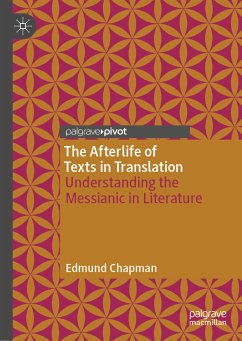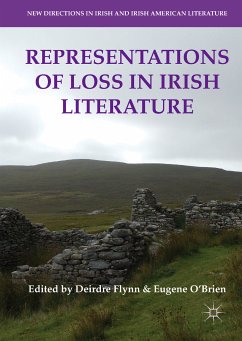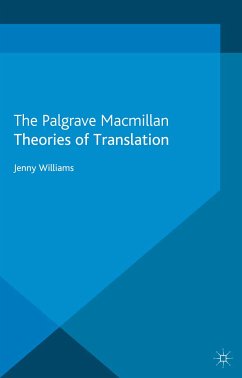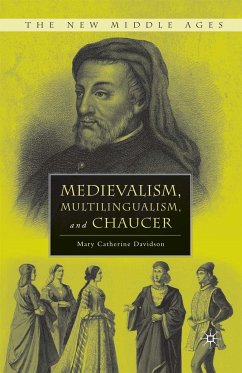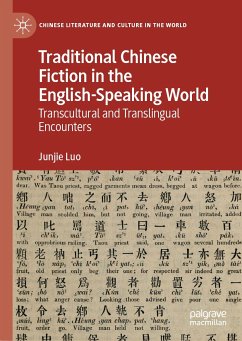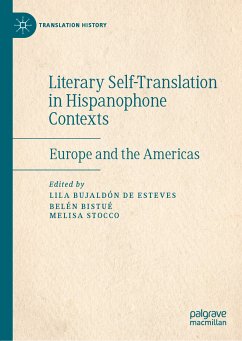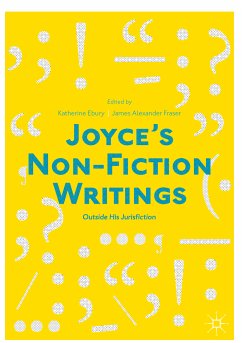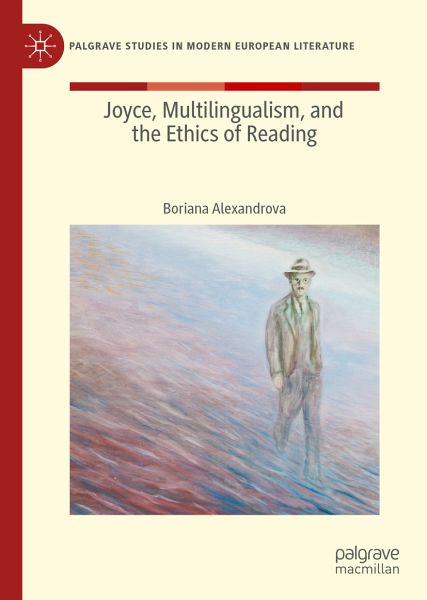
Joyce, Multilingualism, and the Ethics of Reading (eBook, PDF)
Versandkostenfrei!
Sofort per Download lieferbar
40,95 €
inkl. MwSt.
Weitere Ausgaben:

PAYBACK Punkte
20 °P sammeln!
What if our notions of the nation as a site of belonging, the home as a safe place, or the mother tongue as a means to fluent comprehension did not apply? What if fluency were a hindrance, whilst our differences and contradictions held the keys to radical new ways of knowing? Taking inspiration from the practice of language learning and translation, this book explores the extraordinary creative possibilities, politics, and ethics of adopting a multilingual approach to reading. Its case study, James Joyce's Finnegans Wake (1939), is a text in equal measures exhilarating and exasperating: an unh...
What if our notions of the nation as a site of belonging, the home as a safe place, or the mother tongue as a means to fluent comprehension did not apply? What if fluency were a hindrance, whilst our differences and contradictions held the keys to radical new ways of knowing? Taking inspiration from the practice of language learning and translation, this book explores the extraordinary creative possibilities, politics, and ethics of adopting a multilingual approach to reading. Its case study, James Joyce's Finnegans Wake (1939), is a text in equal measures exhilarating and exasperating: an unhinged portrait of European modernist debates on transculturalism and globalisation, here considered on the backdrop of current discourses on migration, race, gender, and neurodiversity. This book offers a fresh perspective on the illuminating, if perplexing, work of a beloved European modernist, whilst posing questions far beyond Joyce: on negotiating difference in an increasingly globalised world; on braving the difficulty of relating across languages and cultures; and ultimately on imagining possible futures where multilingual literature can empower us to read, relate, and conceptualise differently.
Dieser Download kann aus rechtlichen Gründen nur mit Rechnungsadresse in A, B, BG, CY, CZ, D, DK, EW, E, FIN, F, GR, HR, H, IRL, I, LT, L, LR, M, NL, PL, P, R, S, SLO, SK ausgeliefert werden.



